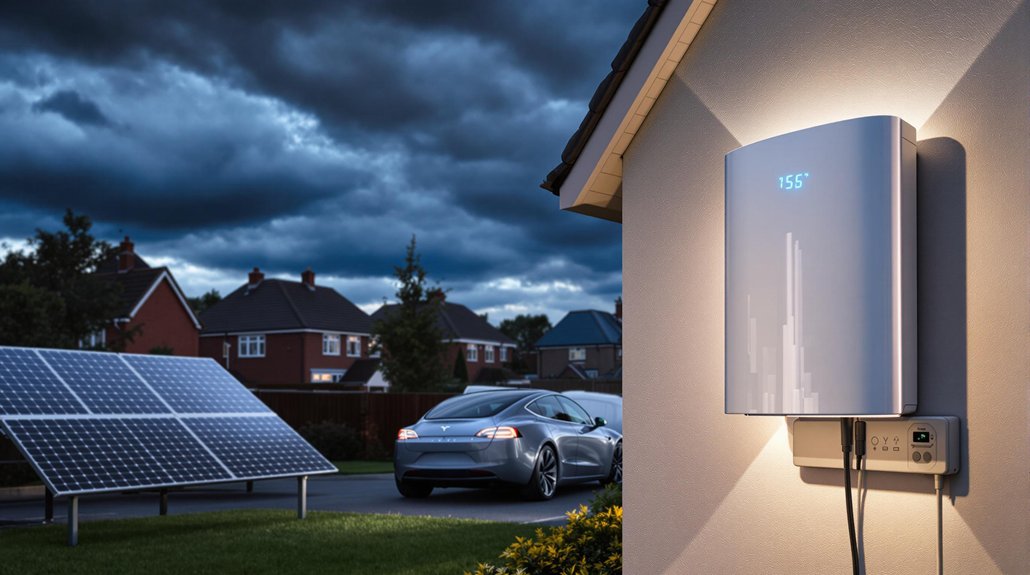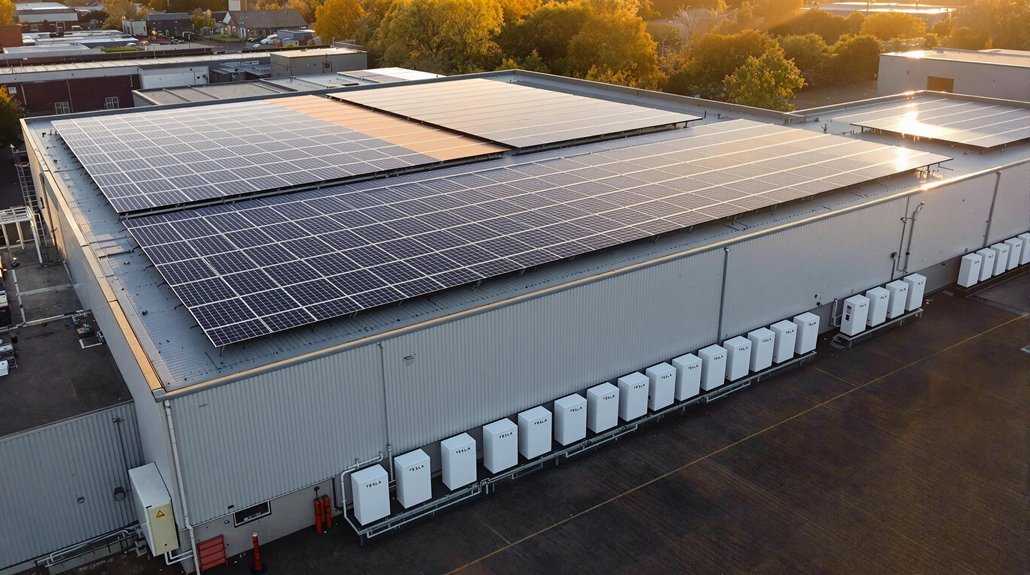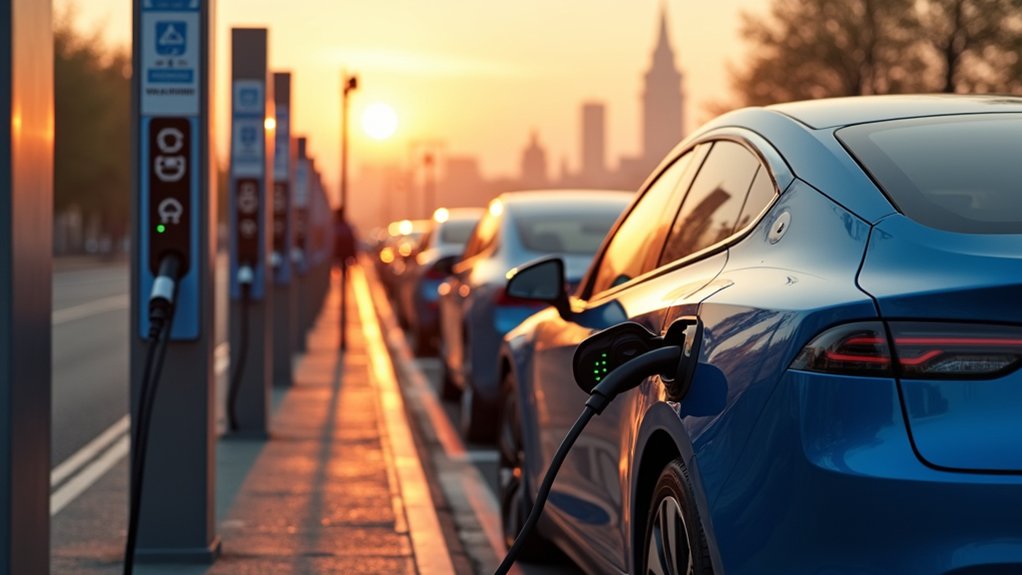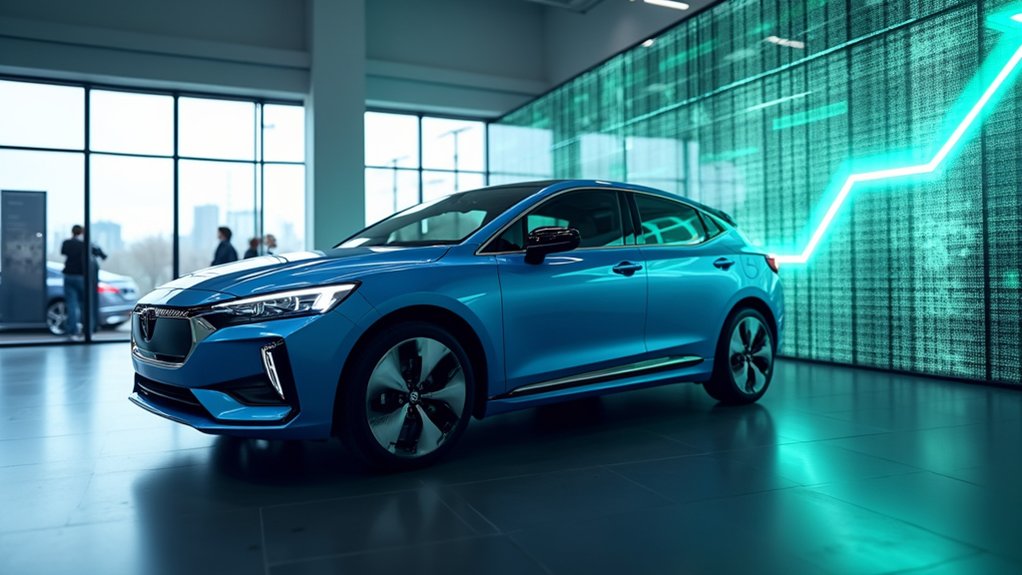Tesla is making a bold move into the British energy market, having submitted an application to Ofgem in July 2025 to supply electricity to domestic customers across England, Scotland, and Wales. The company plans to operate under the name “Tesla Electric” through its Manchester-based subsidiary, Tesla Energy Ventures. This strategic pivot comes at a vital moment for the EV giant’s UK operations.
Tesla’s ambitious entry into UK energy markets positions the EV leader to revolutionize how British homes consume and manage electricity.
The proposed service, potentially launching as early as late 2025, will initially focus exclusively on electricity supply rather than offering dual-fuel options that include gas. Tesla’s approach directly challenges established players like Octopus Energy and British Gas in the residential supply sector. The model mirrors Tesla’s successful Texas service implementation, where customers benefit from discounted EV charging and grid export payments.
Tesla’s existing UK infrastructure provides a substantial foundation for this venture. With over 250,000 Tesla EVs already on British roads and thousands of Powerwall units installed in homes, the company possesses a ready-made ecosystem for its integrated energy services. Their charging network continues robust expansion, with 10,519 new charge points added in 2025 alone. The company is experiencing significant challenges as UK EV sales have declined by 60% year-on-year in July. This initiative aligns with research showing home charging accounts for approximately 80% of all EV charging activity.
The integrated home energy model represents Tesla’s most compelling proposition. By combining Powerwall home batteries with Tesla EVs, households can function as micro power generators, exporting surplus electricity to the grid. This setup enables significant cost reductions through smart tariffs and coordinated charging/discharging cycles. A full Model Y charge costs approximately £15.44 on average tariffs but drops dramatically to £4.20 during off-peak hours on intelligent tariffs.
Andrew Payne submitted the application under Tesla Energy Ventures, indicating a localized compliance structure tailored to UK regulations. The company faces intensified regulatory scrutiny following the 2021 energy crisis that reshaped market dynamics. This move into the electricity market may help offset Tesla’s declining position in Europe, where countries like Sweden have seen an 86% drop in Tesla sales.
I’ve observed that Tesla’s electricity-only focus simplifies their regulatory pathway compared to dual-fuel entrants. With typical 7 kW home chargers delivering a full charge in approximately 8 hours, Tesla’s integrated approach aligns perfectly with overnight charging behaviors that British EV owners have already adopted.









